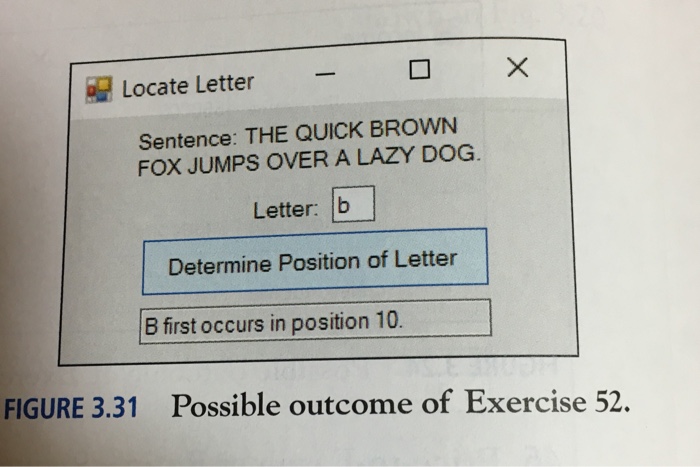Quick In A Sentence
Ah, the comma. Of all the punctuation marks in English, this one is perhaps the most abused and misused. And it’s no wonder. There are lots of rules about comma usage, and often the factors that determine whether you should use one are quite subtle. But fear not! Below, you’ll find guidance for the trickiest comma questions.
Quick Phrases
What Is a Comma?While a period ends a sentence, a comma indicates a smaller break. Some writers think of a comma as a soft pause—a punctuation mark that separates words, clauses, or ideas within a sentence. Mom, I can’t find my shoes!Cleo, there’s someone on the phone for you.Hello, Chester. Comma with an AppositiveAn appositive is a word or phrase that refers to the same thing as another noun in the same sentence. Often, the appositive provides additional information about the noun or helps to distinguish it in some way. If you could remove the appositive without changing the meaning of the sentence, it is said to be nonessential and should be set off with commas. If the appositive is necessary, it’s said to be essential and it should not be set off with commas.Nonessential appositives.
Julie loves ice cream, books and kittens.(The comma before the and in a list of three or more items is optional. See below under Serial Comma for more information.)Your list might be made up of nouns, as in the example above, but it could also be made up of verbs, adjectives, or clauses. Imagine, for a moment, that you have just finished doing three chores. The chores were:. Cleaning the house and garage. Raking the lawn. Taking out the garbageIf you were to list these three chores in a sentence, you would write.

I dedicate this award to my parents, Jane Austen and Albert Einstein.The sentence above will almost certainly cause readers to do a double-take. Without a serial comma, it looks like “Jane Austen and Albert Einstein” is an appositive, rather than two more elements in a list. To put it another way, the writer seems to be saying that her parents are Jane Austen and Albert Einstein. A serial comma eliminates the possibility of misreading, so even if you’re not using serial commas in your writing, make an exception for sentences like this. The cafe that Chester recommended is a fantastic restaurant.The clause “that Chester recommended” is essential information in the sentence above. If you removed it, there would be no way to tell which restaurant you were talking about. Comma Between Correlative Conjunctionsare conjunctions that come in pairs (such as either/or, neither/nor, and not only/but also) and connect words or phrases in a sentence to form a complete thought.

Typically, commas are unnecessary with correlative conjunctions. “Pass me that thesaurus,” said Matthew.“If you knew what was good for you, you’d sit down and finish that essay right now,” my roommate said.“We’re going down to the soup kitchen to help serve dinner,” her mother called.In British English, however, the convention is the opposite.
If you are writing for a British audience, put the comma after the closing quotation mark. Comma Before ParenthesisParentheses are used to give additional information to the reader—information that would disrupt the flow of the sentence if written as a nonrestrictive clause.
Commas may be placed after the closing parenthesis but not before either the opening or the closing parenthesis. If the sentence would not require any commas if the parenthetical statement were removed, the sentence should not have any commas when the parentheses are added.
Quick In A Sentence
The company managers accidentally scheduled the weekly meeting for Saturday.A bouquet of flowers may be created using more than one type of flower.I’ll have an apple.When speaking, we often pause while we think of the next word we want to say. In writing, though, there’s usually no reason to add this pause. If you’re writing dialogue and you specifically want to convey a pause here while someone is thinking, use an an: I’ll have an apple. Comma with As Well AsThe phrase “as well as” usually doesn’t require commas unless it’s part of a nonrestrictive clause.
Quick In A Sentence Worksheets
Here's an example of a short run-on sentence: “I'm a woman I am a truck driver.” (I was in a writing group a few years ago with an interesting woman who was writing a book about her experience as a female truck driver.) The reason “I am a woman I am a truck driver” is a run-on sentence is that it's written without any internal. I've fused together two complete sentences, which is why run-on sentences are also called fused sentences.There are a bunch of ways to fix run-on sentences; the toolbox is filled with the same basic fixes you can use to repair:, and commas with coordinating conjunctions.Next: How to Fix Run-On Sentences.